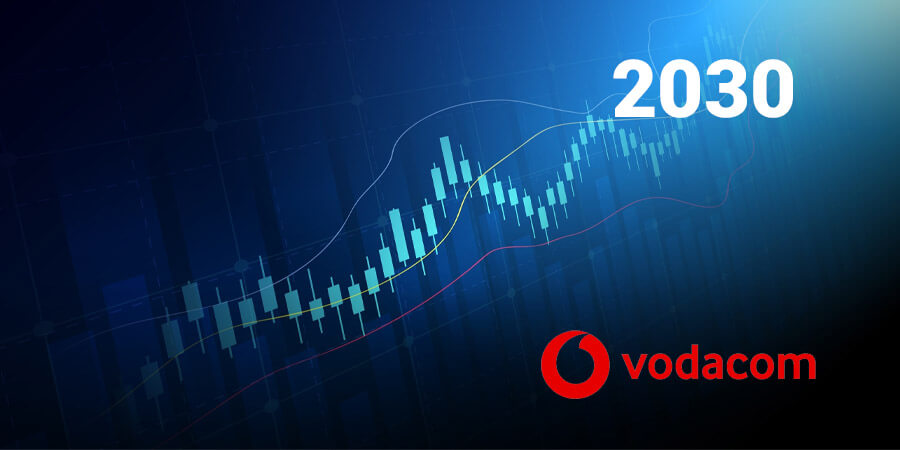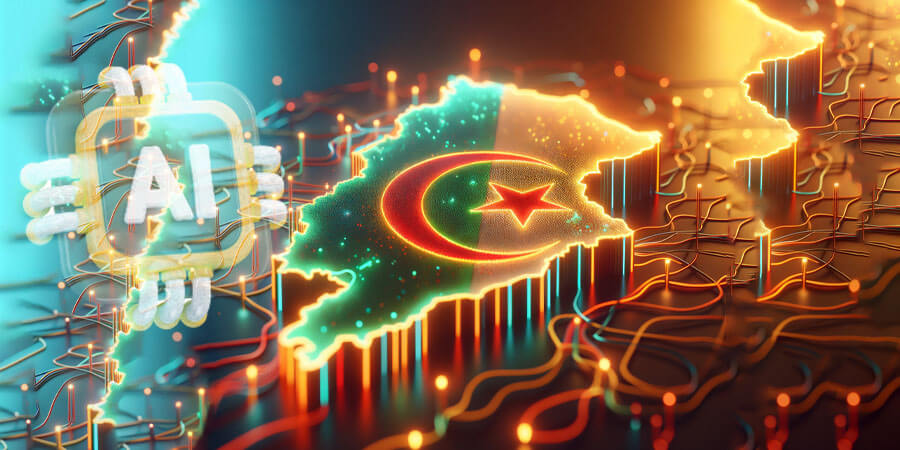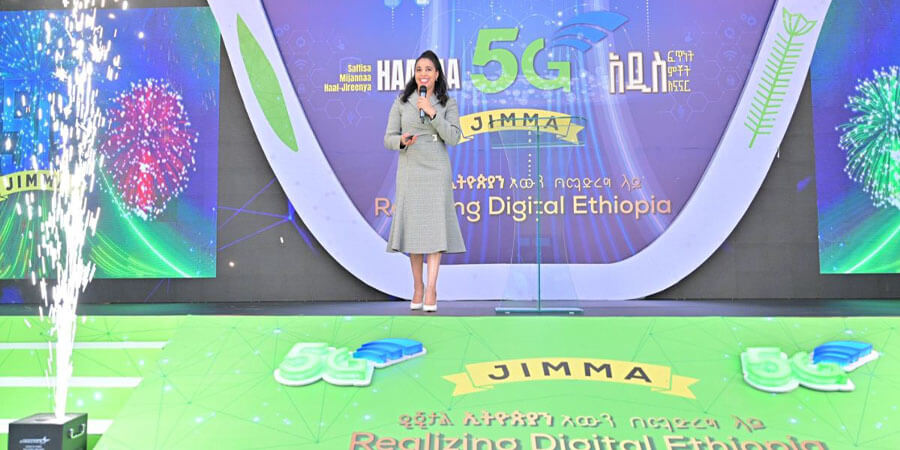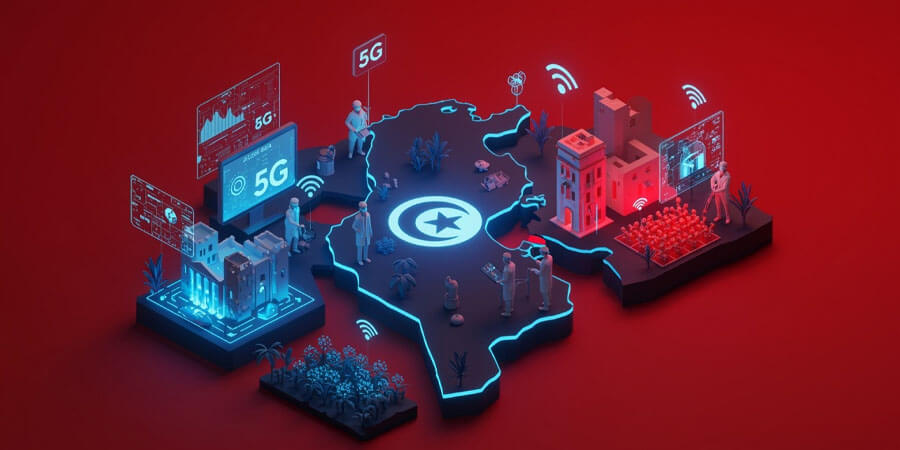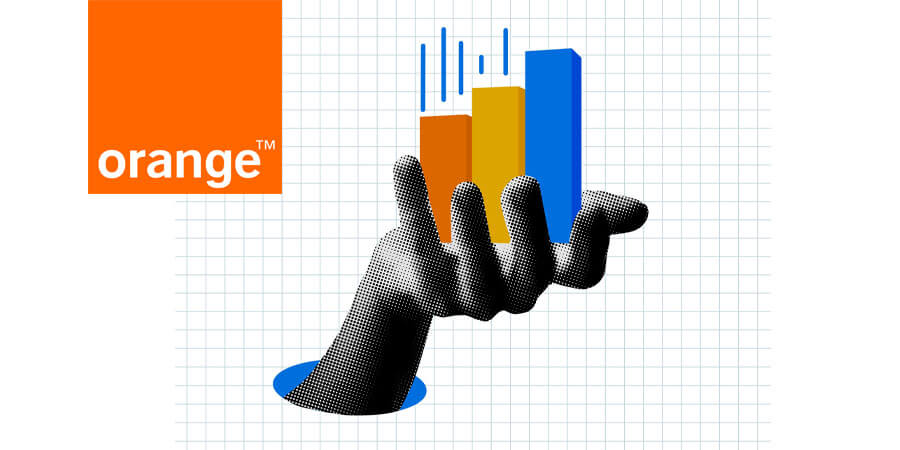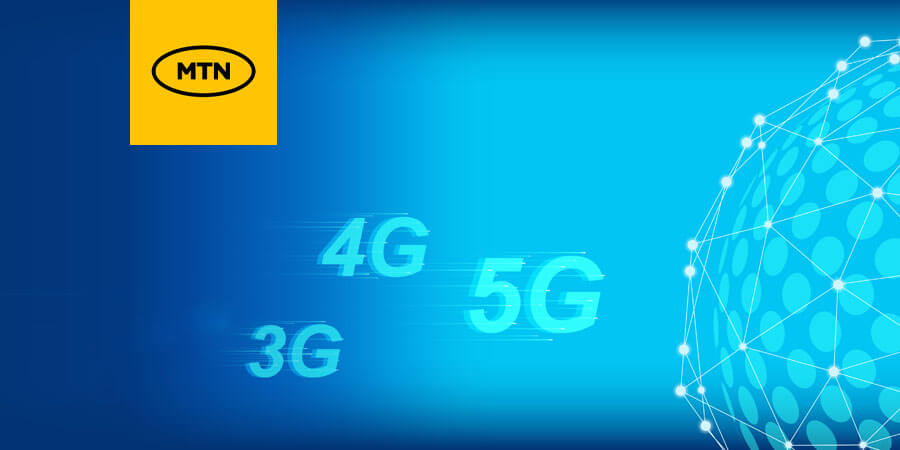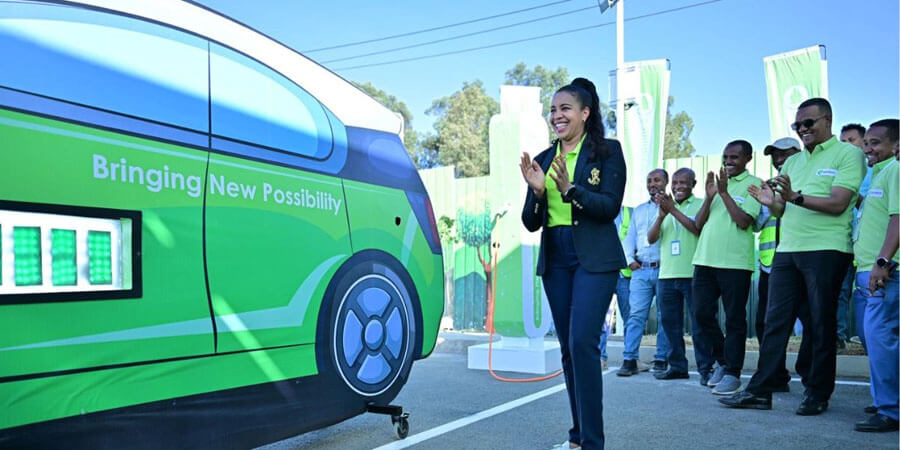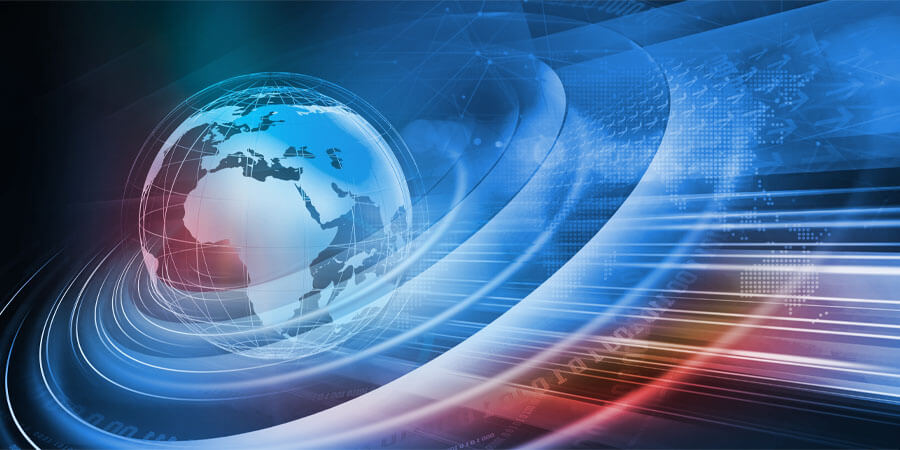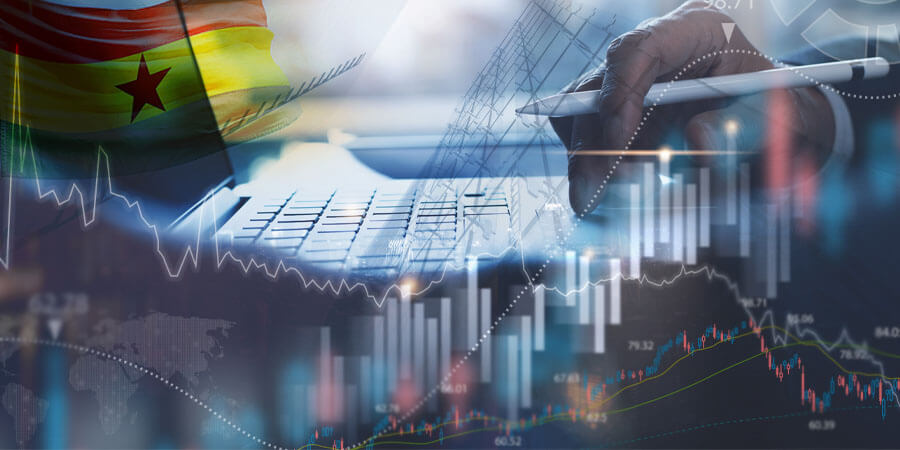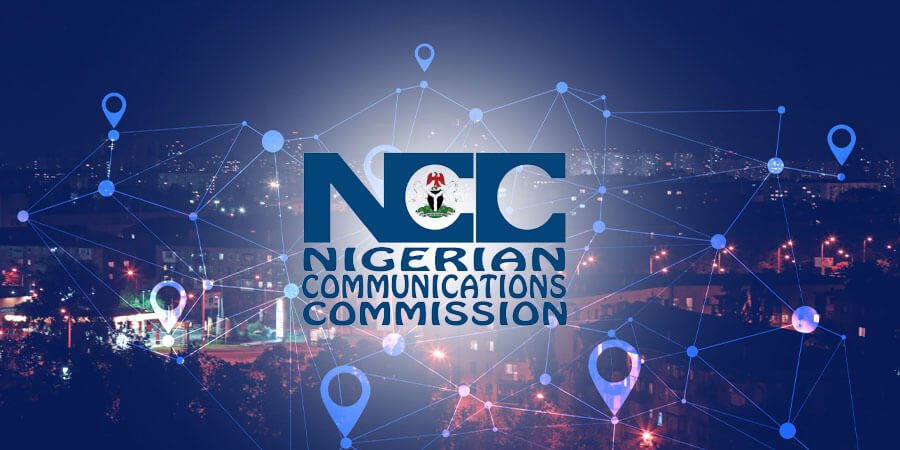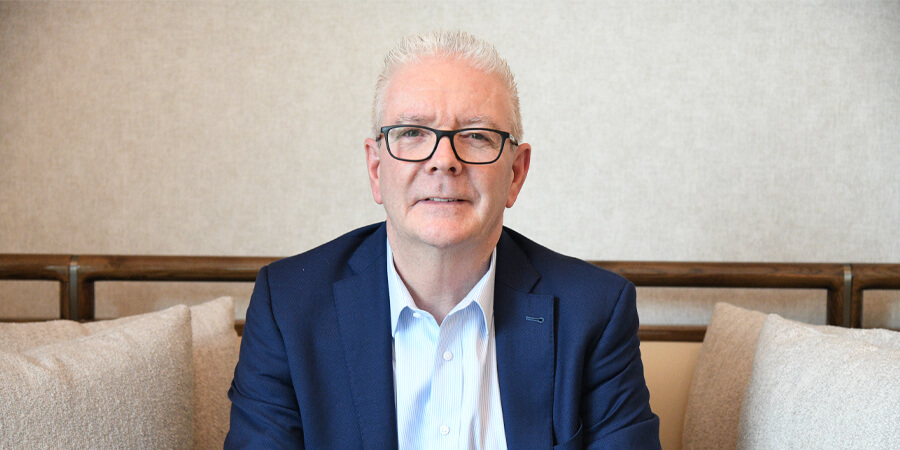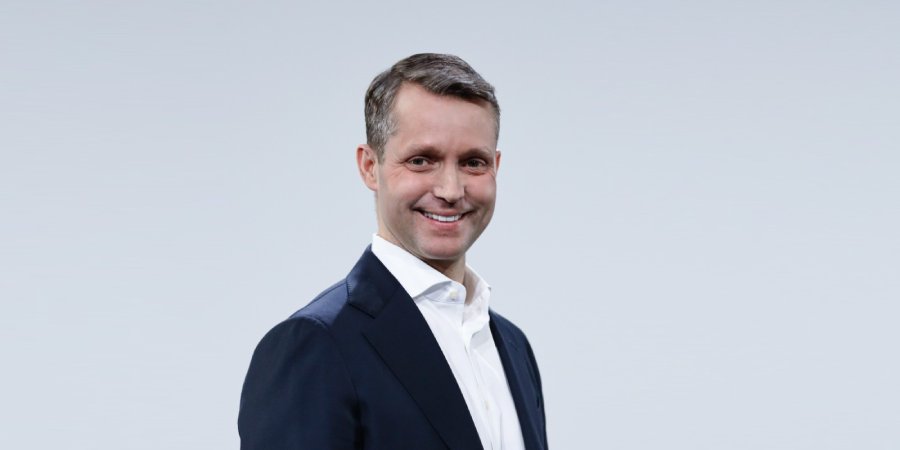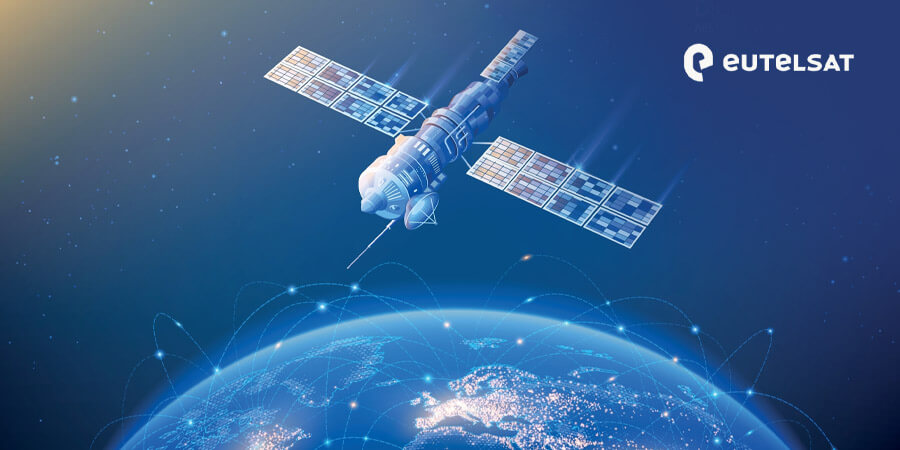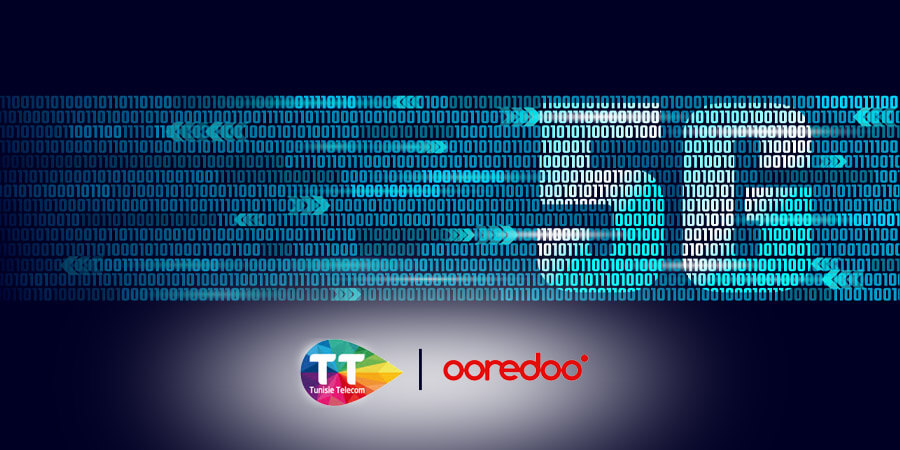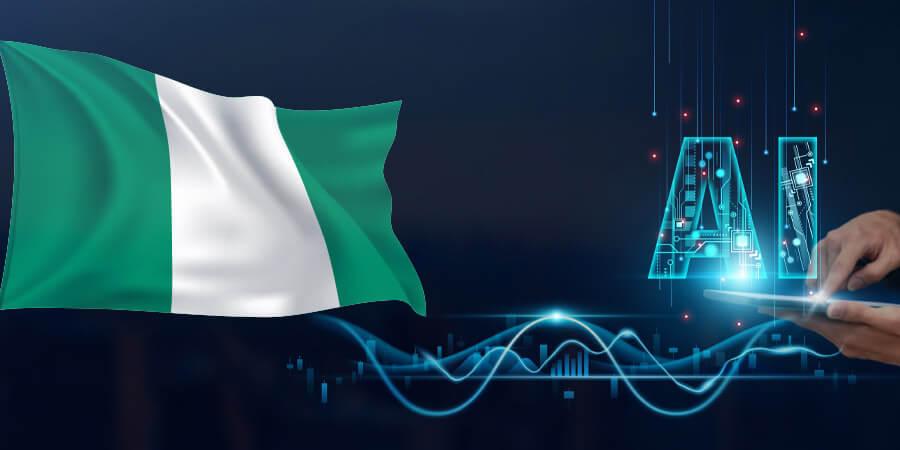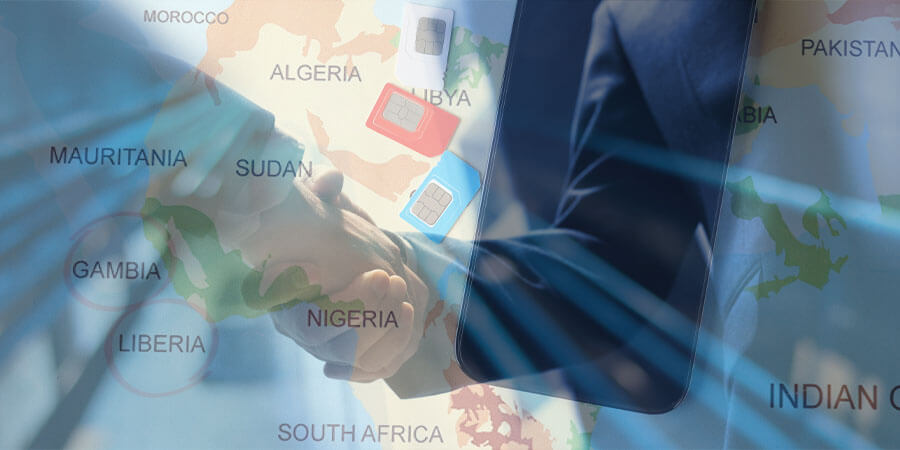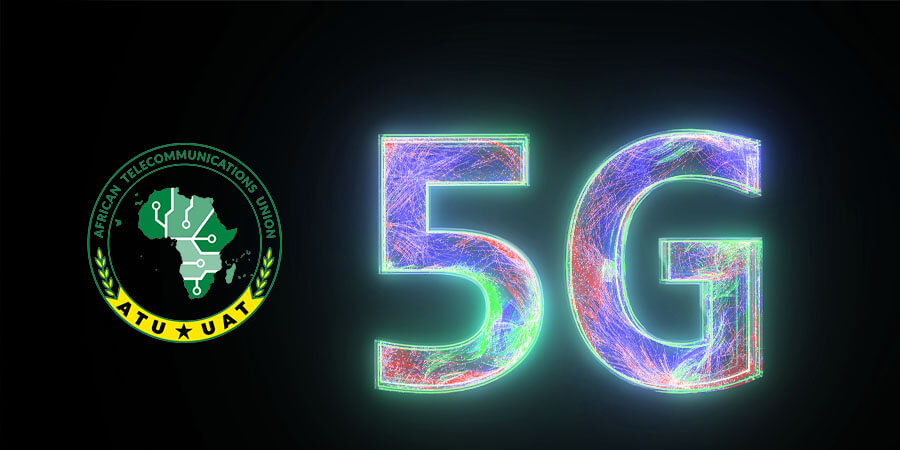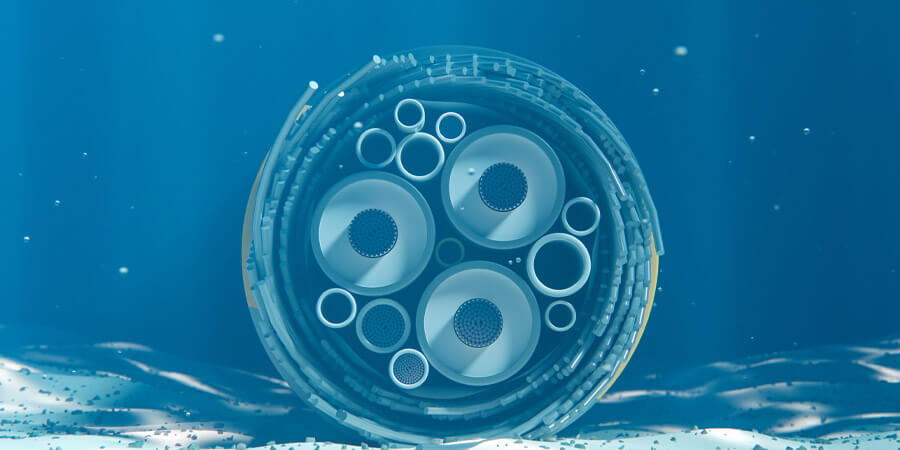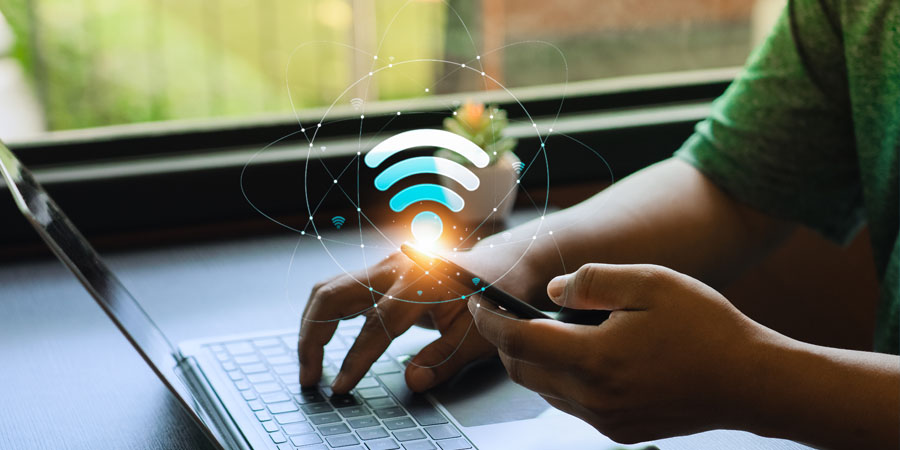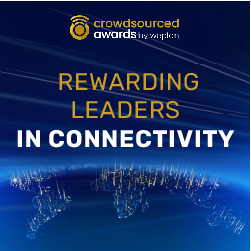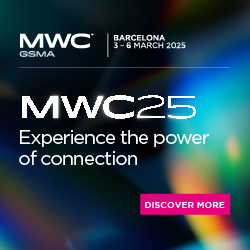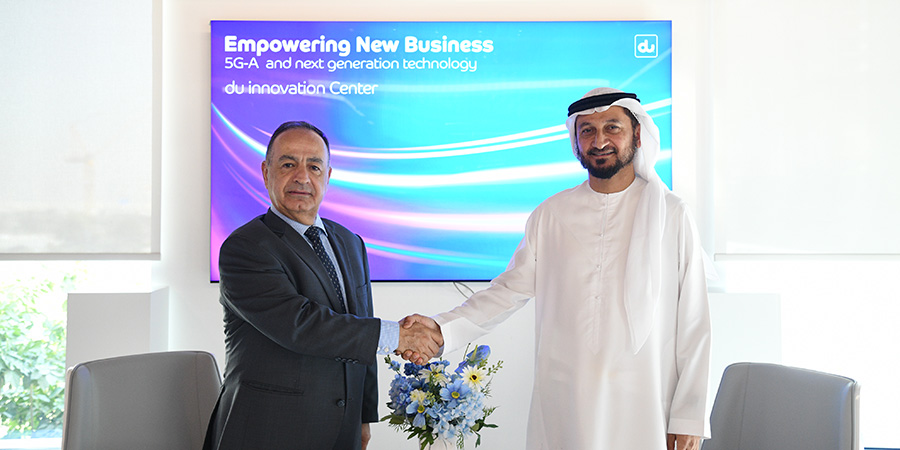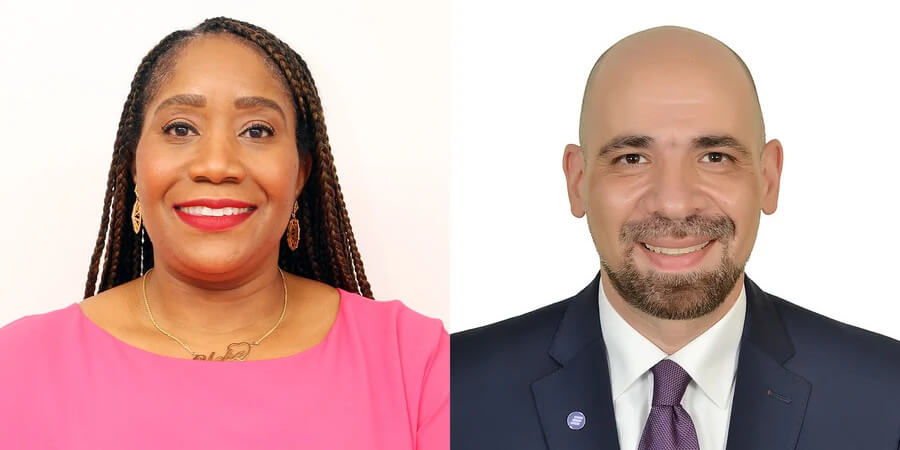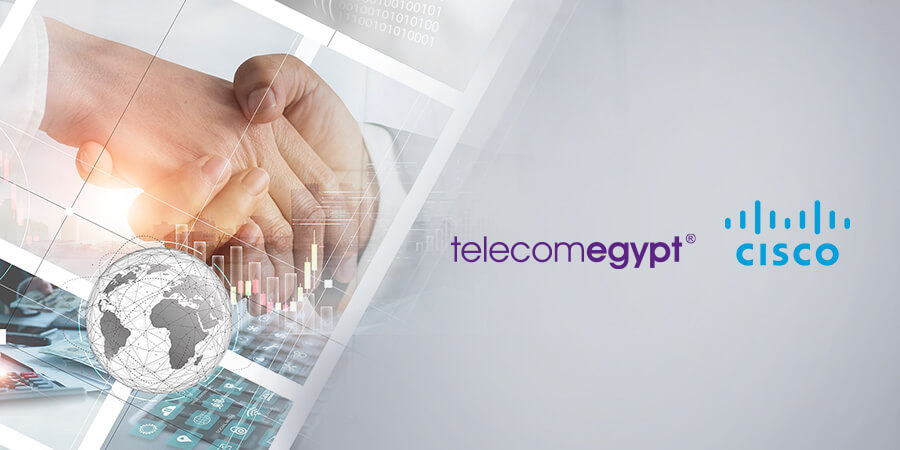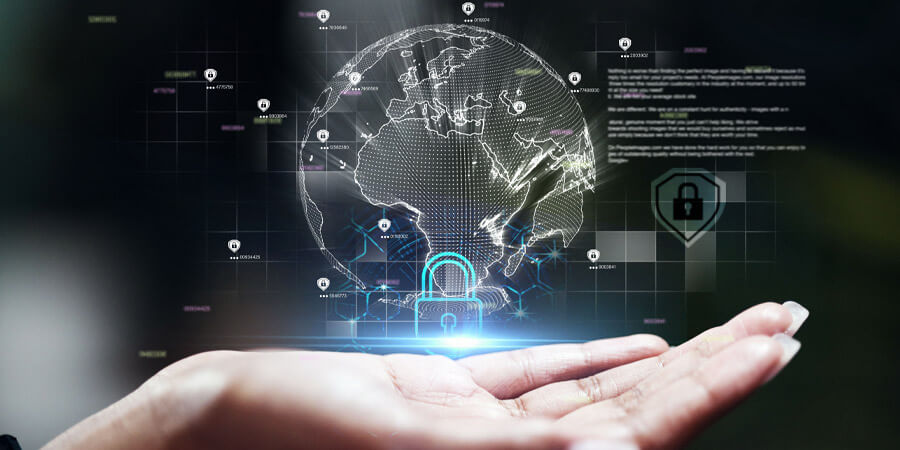Ericsson and MTN Benin have collaborated to recycle MTN Benin’s end-of-life electronic and electrical equipment as part of the Ericsson Product Take-Back Program. The collaboration has resulted in the collection, decommissioning, transportation and recycling of over 123 metric tons of waste electrical and electronic equipment (WEEE) since 2021.
The collaboration is aligned with MTN's Road to Zero pledge, which seeks to reduce its carbon footprint and mitigate the negative effects of climate change by 2040. As a committed pledge holder, Ericsson works to ensure that the decommissioned network equipment is recycled by Ericsson-approved recyclers in South Africa, and MTN Benin receives Certificates of Destruction to guarantee the equipment's safe disposal.
With the United Nations identifying WEEE as one of the fastest-growing waste streams worldwide by volume, the program is a key aspect of Ericsson's climate action and environmental sustainability strategy and commitment to circular economies. By embracing circular economies, Ericsson hopes to effectively manage electronic waste and extract value from decommissioned equipment while minimizing landfills and other environmental impacts.
With the increased adoption of technology, Benin has witnessed an increase in the generation of WEEE. As per the Global E-waste Monitor 2020 Report, Benin generated 9.2 kilotonnes of e-waste in 2019.
Uche Ofodile, CEO of MTN Benin, said: “At MTN, we believe in the benefits of a healthy planet and [are] committed to achieving net zero emissions by 2040. We recognize our responsibility to mitigate the negative impacts of climate change and to support environmental sustainability. By working alongside Ericsson, we are able to ensure that our decommissioned network equipment is recycled responsibly and that valuable materials and components are extracted for re-use, reducing our environmental impact and supporting a circular economy. Through this collaboration, we reinforce our Road to Zero pledge and Environmental, Social and Governance (ESG) commitments and look forward to advancing sustainability across Africa.”
Hossam Kandeel, vice president and head of global customer unit MTN and customer unit MTN Africa at Ericsson, commented: “The Ericsson Product Take-Back program is a core strategy in our commitment to circular economies, where waste products can become new resources. Improper disposal of electronic components can harm the environment by increasing greenhouse gas emissions and causing damage to biodiversity and human health. The program enables us to recycle end-of-life electronic and electrical equipment in a responsible and sustainable way. As we collaborate with MTN Benin, we aim to encourage and actively support sub-Saharan Africa in achieving its climate goals.”
Ericsson launched its global Product Take-Back Program in 2005 to minimize its products' environmental impact and ensure proper end-of-life handling. Ericsson offers the program to customers in 180 countries worldwide.





